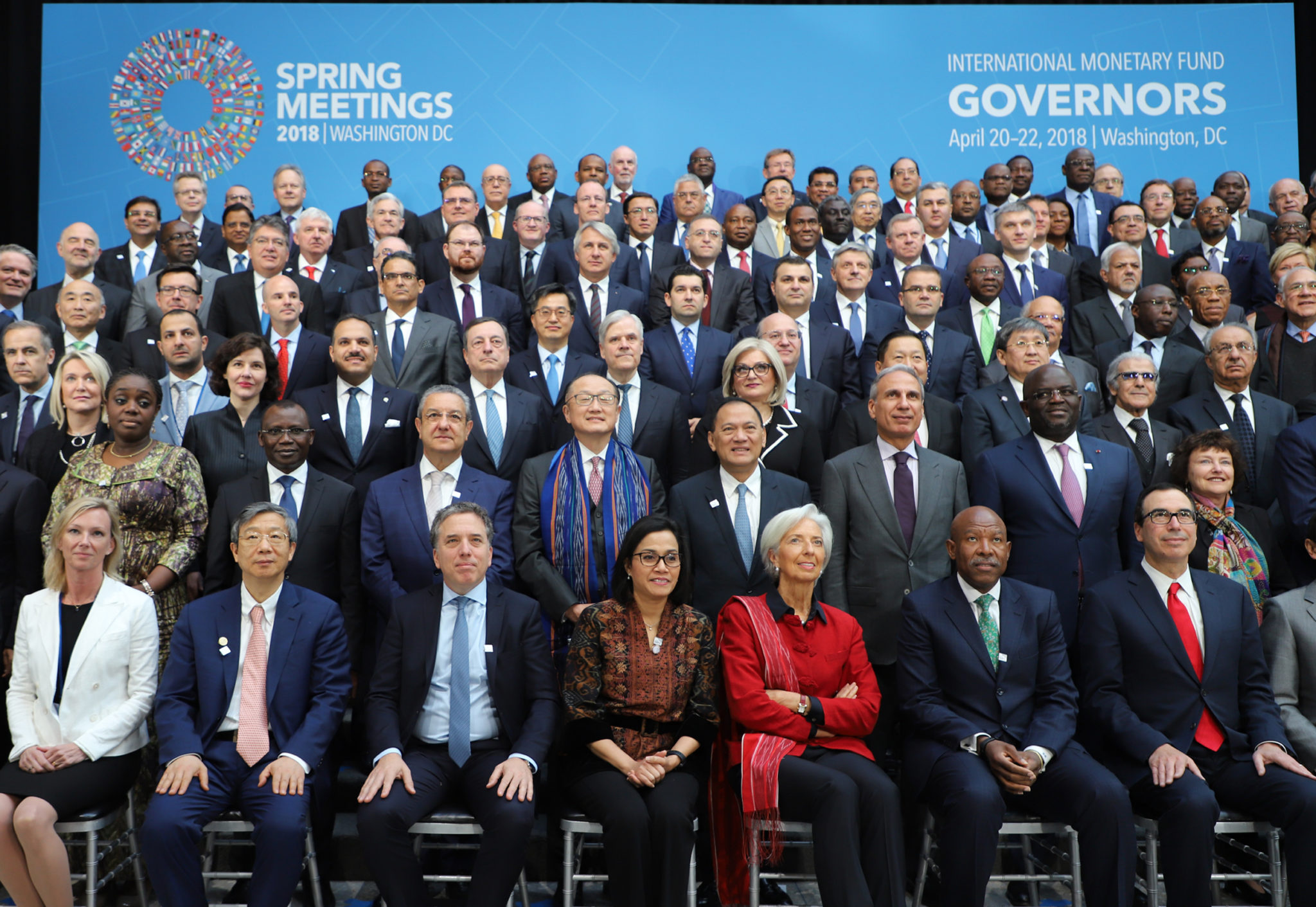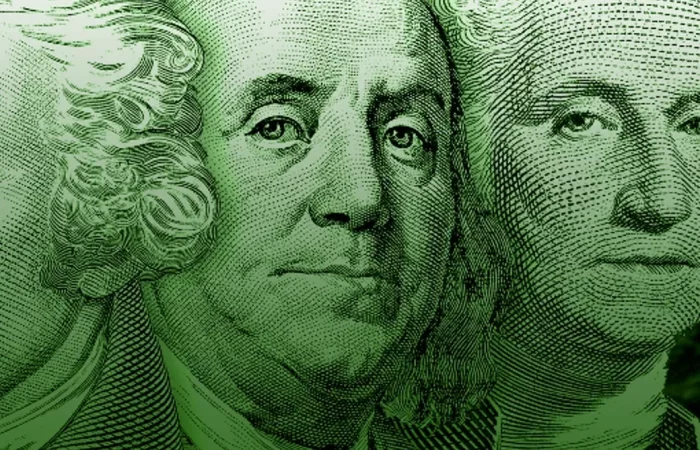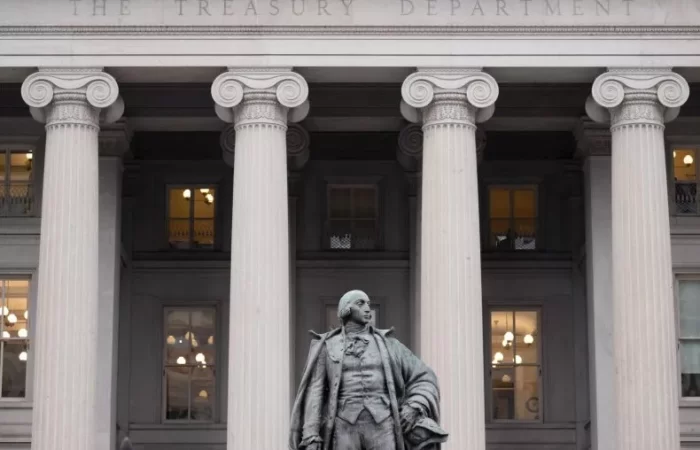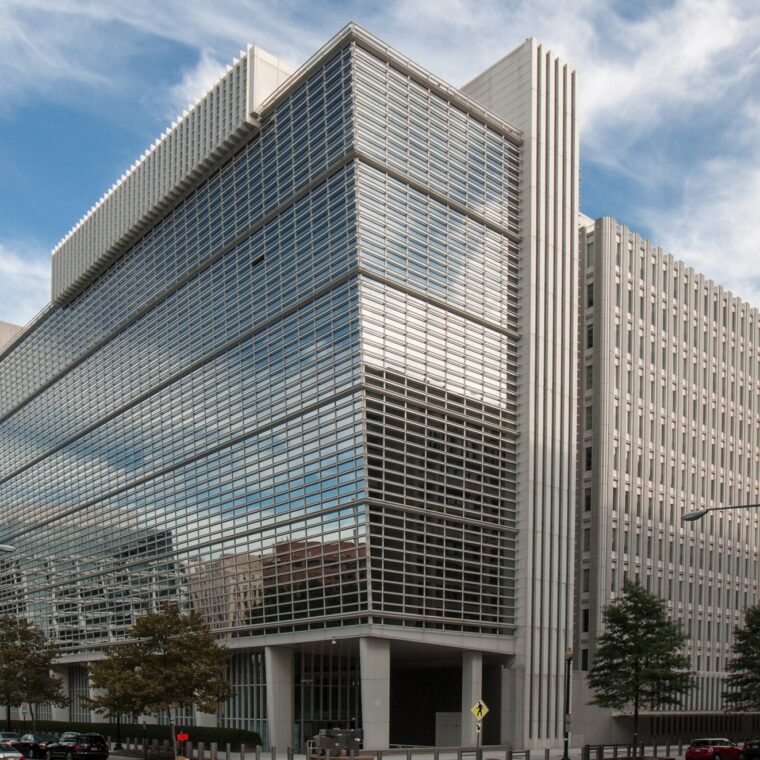A recent report released by the U.S. Government Accountability Office (GAO) has starkly confirmed what I personally witnessed during my tenure representing the United States on the board of directors at the World Bank: the People’s Republic of China (PRC) and its state-owned enterprises enjoy a significant advantage in securing the lion’s share of procurement contracts for economic development projects, accounting for nearly 30 percent of total funds allocated.

As the largest shareholder of the World Bank, the United States has contributed substantial taxpayer funding since the institution’s establishment in 1945. Unfortunately, this investment has yielded disproportionately minimal returns for American firms, who collectively receive less than 1 percent of the allocated funds, even when accounting for significant purchases of U.S. COVID-19 vaccines. In essence, China’s utilization of the World Bank system allows it to advance its own objectives while the burden of financing primarily falls upon U.S. taxpayers and other democratic nations.
The stark contrast between the success rates of Chinese firms and American counterparts raises questions about the fairness of the playing field. China, boasting over 150,000 state-owned enterprises, comprising 60 percent of the country’s market capitalization, holds a significant advantage. While the World Bank rightly prohibits state-owned enterprises from winning contracts within their home countries to maintain fair competition, they are allowed to secure contracts in other nations. With China’s vast army of state-owned enterprises, it comes as no surprise that Chinese firms have achieved remarkable success, winning an astonishing 41 percent of civil works projects, while U.S. firms only manage to secure a mere 0.3 percent, according to the insightful analysis conducted by the GAO.
The motivation behind China’s willingness to underbid and potentially operate at a loss on these projects becomes clearer when considering the bigger picture. China is playing a strategic long game, utilizing these contracts to build capacity and forge relationships, effectively entangling itself deeper within the economies of developing nations. By leveraging the World Bank, China seeks to create new client states, aligning with its Belt and Road Initiative, which extends its influence through no-questions-asked loans. This calculated approach serves as a means for China to expand its sphere of influence, while securing future economic and political benefits.
Regrettably, the negative consequences of Chinese firms’ practices extend beyond economic factors. These firms often bring in workers from China, limiting the potential for local development and giving rise to various adverse cultural outcomes. Disturbingly, instances of Chinese contractors on World Bank projects engaging in heinous acts such as the rape of local girls have come to light. Furthermore, Chinese firms have been known to embed equipment, including items from sanctioned entities like Huawei, in systems that facilitate repressive regimes’ surveillance of their opposition or minority groups. All these activities are indirectly subsidized by American taxpayers, further highlighting the complexity and concerning implications of China’s involvement within the World Bank framework.
“ China to expand its sphere of influence while securing future economic and political benefits, levering the World Bank.”

Putting African Aspirations First
Amidst the troubling array of negative consequences, it becomes imperative to delve into the factors that enable such a state of affairs to persist. Once the World Bank board grants approval for funds, project managers collaborate with sovereign nations to execute the projects, which encompasses the critical task of selecting contractors for procurement. Recognizing the consistent trend of Chinese firms routinely underbidding due to generous government subsidies, the bank introduced amendments to its procurement policies, aiming to restore balance by prioritizing the attainment of value for money. Regrettably, these revised guidelines appear to have had minimal impact on curbing China’s remarkable success in securing bids throughout the years following their implementation.
Conversely, I engaged in discussions with numerous U.S. firms that once dominated the landscape of major construction projects worldwide. However, these enterprises now display little inclination towards participating in the bidding process, driven by the realization that they are unable to effectively compete against Chinese state-owned companies. The findings of the GAO report corroborate this sentiment, revealing that U.S. businesses emerge victorious in approximately 70 percent of cases when they do submit bids. Nevertheless, the prevailing belief among many companies is that the system is inherently biased, leading them to opt-out of the bidding process altogether.
A prime illustration of the consequences stemming from this predicament materializes in the context of an undersea cable project designed to enhance connectivity and bolster the developing economy of the Federated States of Micronesia. Unfortunately, this endeavor took an unfavorable turn when the procurement was facilitated through Huawei Marine, a Chinese state-owned enterprise that finds itself on the Commerce Department’s Entity List due to activities contradicting U.S. national security and foreign policy interests. The security implications of this particular project were especially grave, as the cable was intended to be interconnected with a cable belonging to a U.S. defense contractor, extending towards the Ronald Reagan Ballistic Missile Defense Test Site in the Marshall Islands. Had it not been possible to halt the project, China would have gained access to highly sensitive Defense Department information, all with the inadvertent support of U.S. taxpayers.
Regrettably, the World Bank’s operations lack the imposition of restrictions on contracts based on the Entity List. Although the GAO report mentions that only a “small fraction” of procurement has been awarded to firms listed there, it takes just a single breach, as exemplified by the aforementioned case, to inflict considerable damage upon U.S. security interests. Furthermore, the bank’s failure to track subcontractors implies that the actual number of entities, including Huawei and other sanctioned entities, benefiting from World Bank contracts is undoubtedly much higher than currently acknowledged, thus exacerbating the complexity of the situation at hand.
With the appointment of Ajay Banga as the new president of the World Bank, his notable managerial background in the private sector positions him well to bring about vital reforms in procurement practices. As he assumes his role on June 2, it becomes imperative for him to prioritize the development of an objective standard that relies on unsubsidized costs, as the current standard evidently falls short in achieving the desired outcomes.
Furthermore, an in-depth examination of China’s broader role within the World Bank warrants utmost attention. Not only does China consistently secure a disproportionate share of procurement contracts compared to other countries, but it also continues to receive substantial loans, amounting to approximately $2 billion annually, from the World Bank for both its government and private firms. This is a concerning aspect, particularly when juxtaposed with China’s lending practices to developing nations at non-concessional interest rates through its own development banks on a bilateral basis. Despite its status as a significant recipient of World Bank funds and being among the top 10 debtors to the bank, China has emerged as one of the world’s largest sources of development funding. This calls for a critical examination of China’s multifaceted involvement and raises pertinent questions regarding the balance and integrity of the World Bank’s operations.
– DJ Nordquist Former World Bank Group Executive Director











